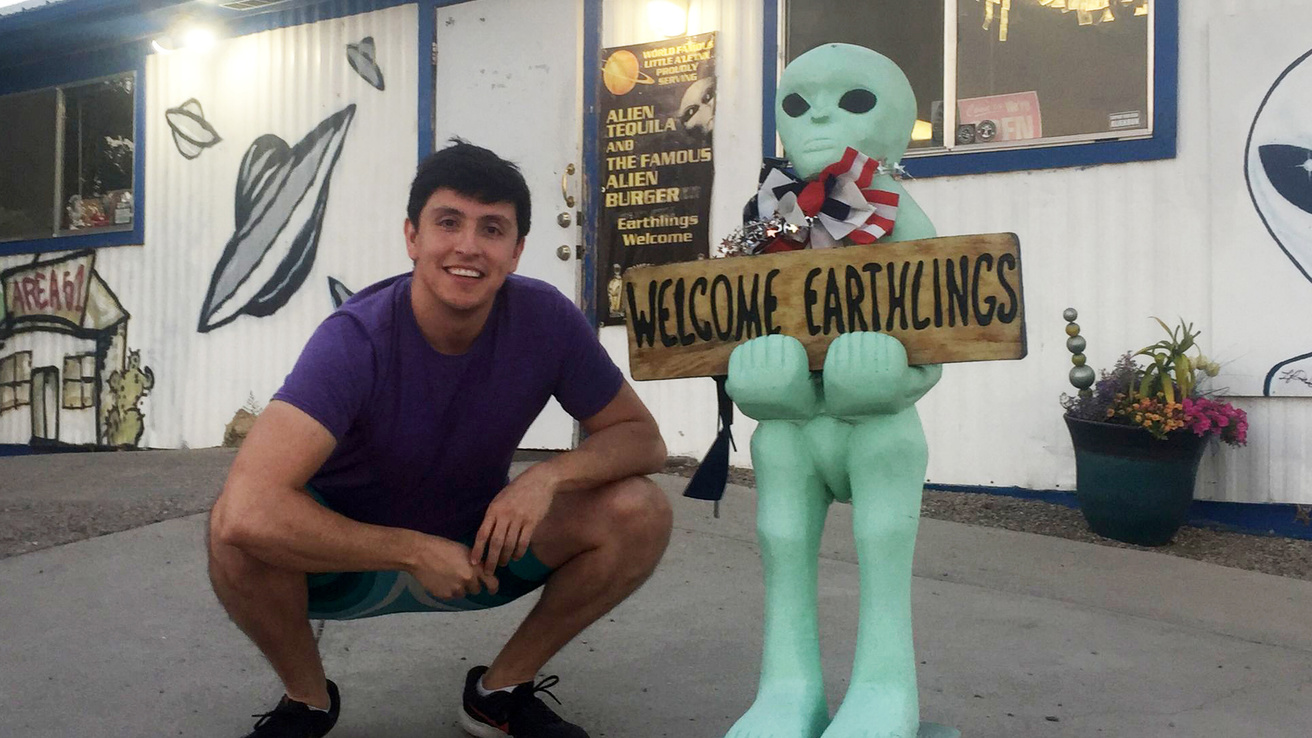Breadcrumb
Victor Navarro

You were an undergraduate at the University of Santiago, in Chile. How did you get involved in research while you were there?
I volunteered to do research in the summer during my first year, immediately after taking a course about associative learning and its experimental study. Margarita Borquez was running her honor's thesis experiments, so I offered to help after greatly enjoying the course. Ronald Betancourt then took me under his wing and mentored me through my undergraduate studies. I did my undergraduate thesis in associative tolerance to ethanol and then flew out of the nest.
I guess nobody has asked you this before... Why did you decide to come to do your PhD to the United States?
A few students from our lab in Chile did their PhDs abroad (a couple in the United States). So, after deciding to pursue postgraduate studies I set my mind on laboratories outside my country. I've always had an interest in explaining complex behavior using simple associative principles, so the work that Ed Wasserman had done up to that point was very attractive to me. I also was a fan of some of the theoretical work one of Ed's students had done (Van Hamme & Wasserman, 1994), and I am a sucker for mathematical models of things.
People tend to think that it’s hard to go to study to another country, because you typically don’t know anybody, you won’t speak your native language, etc. But it seems to me that it’s also an exciting adventure, with many new paths and things to learn. How was it for you?
Yes, it's hard, but we're not in it because it is easy. You're leaving behind partners, friends and family and all things familiar. It really comes down to how passionate you are about knowledge and the sacrifices you are willing to make to push the field or satisfy your curiosity. You'll be able to make more friends in grad school.
If you were talking to a new prospect graduate student, what would you tell them about working in Wasserman’s lab?
Learn to channel Ed's enthusiasm and be patient in the process. Take advantage of Ed's wisdom. There are so many questions to ask about behavior, so work together to narrow down the scope. Be proactive and learn the tools you need to answer the questions you want to ask.
Of all the papers that you have published while being in Wasserman’s lab, is there one that you are particularly proud of?
Navarro and Wasserman, published in 2020 (Navarro, V. M., & Wasserman, E. A. Bidirectional conditioning: Revisiting Asratyan’s ‘alternating’ training technique. Neurobiology of Learning and Memory) in which we use associative networks to probe for associative symmetry. I still remember the excitement in discovering a subset of trials that would offer an independent test of backward associations. I also remember the swift disappointment when I saw that the pigeons treated those trials as any other type of trial; humans didn't!
How would you connect your work in Wasserman’s lab to your current work as postdoctoral researcher at Cardiff University?
Part of the work I did in Iowa dealt with the existence of reciprocal associations. That's what I do nowadays, both at the computational and behavioral level. All the skills I acquired in while at Iowa have been invaluable in doing the work I do.
Are spaghetti better in Iowa City or in Cardiff?
That's a close one. Spaghetti are great at Basta (get the butternut squash ravioli and some stuffed dates). However, there are a couple of authentic Italian places here in Cardiff that do other things better. Plus, Italy is one 70-euro plane ticket away if you're a snob.